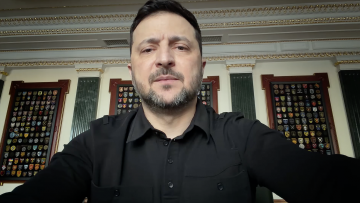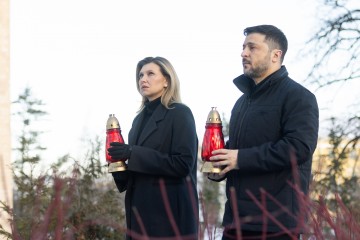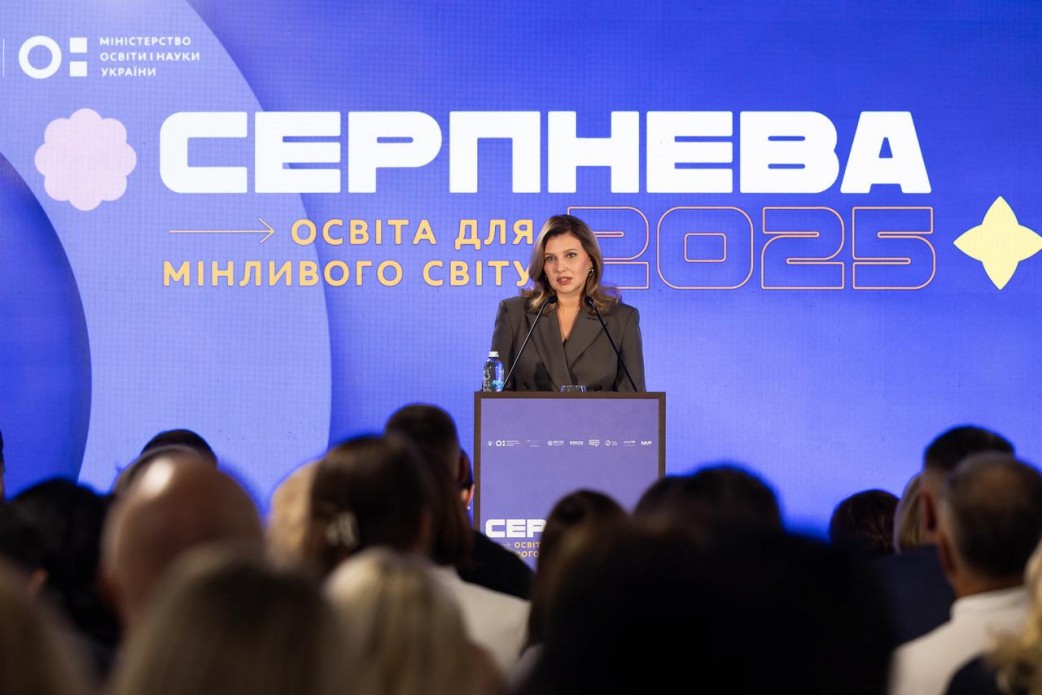First Lady of Ukraine Olena Zelenska took part in the annual educational conference “Serpneva-2025,” organized by the Ministry of Education and Science. The official opening was also attended by Ukraine’s Prime Minister Yuliia Svyrydenko and Minister of Education and Science Oksen Lisovyi.
“When teachers give lessons today – even online – they are doing the most important thing: bringing normalcy back into the lives of children and their families. I thank you for this, first of all, as a mother of a schoolboy and a student,” the First Lady said in her speech.
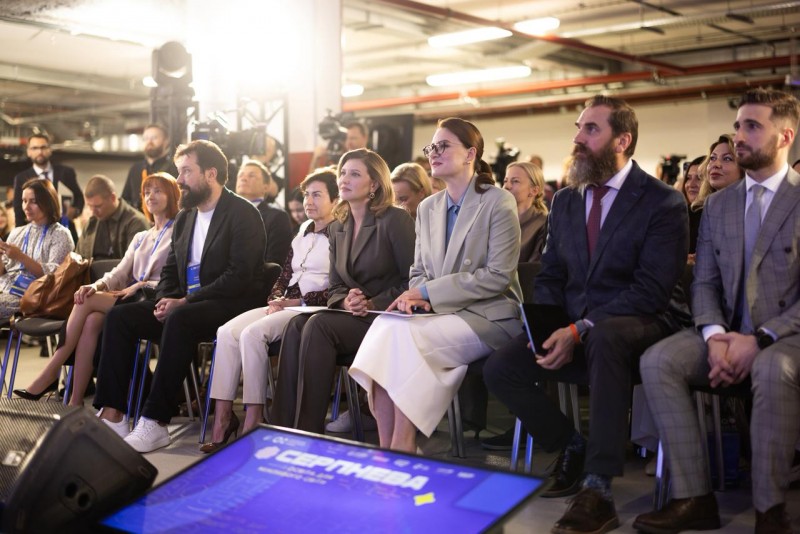 The President’s wife spoke about support programs for children, teenagers, and young people that she oversees. Among them are barrier-free accessibility, the School Nutrition Reform, and the “How Are You?” mental health program.
The President’s wife spoke about support programs for children, teenagers, and young people that she oversees. Among them are barrier-free accessibility, the School Nutrition Reform, and the “How Are You?” mental health program.
According to her, education is also one of the priority focus areas of the Olena Zelenska Foundation.
“Where the security situation allows children to attend school, we are setting up classroom shelters. Together with partners, we are providing students and teachers with tablets and laptops for distance learning. Along with the state institution “School of Superheroes,” we are expanding the network of educational spaces in medical facilities for children receiving long-term treatment,” the First Lady added.
The President’s wife also noted that education and its impact on the future of the country and the world will be the focus of the 5th Summit of First Ladies and Gentlemen, to be held this fall in Kyiv.
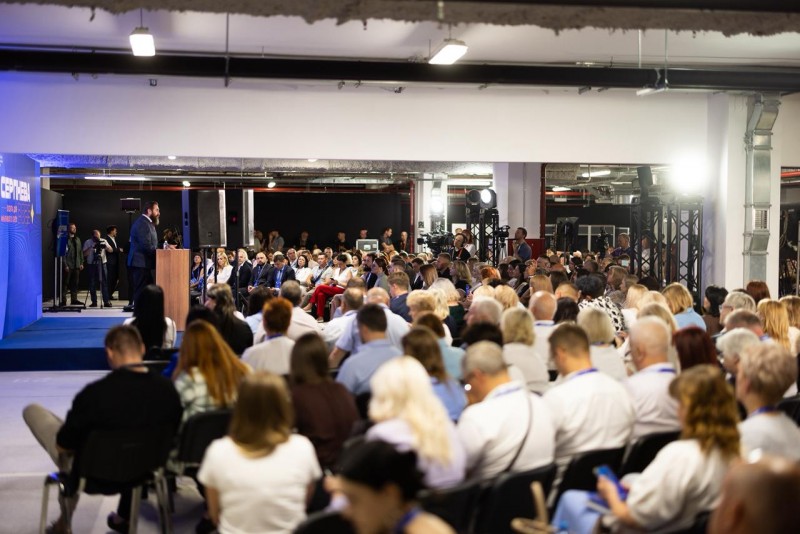 “An important figure from our Future Index research: 82 percent of Ukrainian adolescents look to their future with hope. This is a very important signal, because even in the face of war and all the challenges, our teenagers are not losing faith and are planning their future,” Olena Zelenska emphasized.
“An important figure from our Future Index research: 82 percent of Ukrainian adolescents look to their future with hope. This is a very important signal, because even in the face of war and all the challenges, our teenagers are not losing faith and are planning their future,” Olena Zelenska emphasized.
This year’s conference brought together educators, officials, representatives of international and civic organizations, as well as all those working to shape a modern education system in Ukraine. Overall, it was attended by more than 500 participants.
Discussions focused on the transformation of education, its adaptation to current challenges, and the creation of opportunities for young people to fulfill their potential in a changing world.
The agenda covered preschool, general secondary, extracurricular, vocational, and professional pre-higher education, as well as mental health, inclusion, accessibility, and digitalization.


